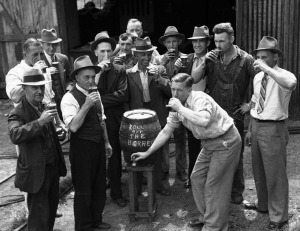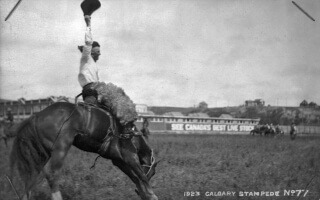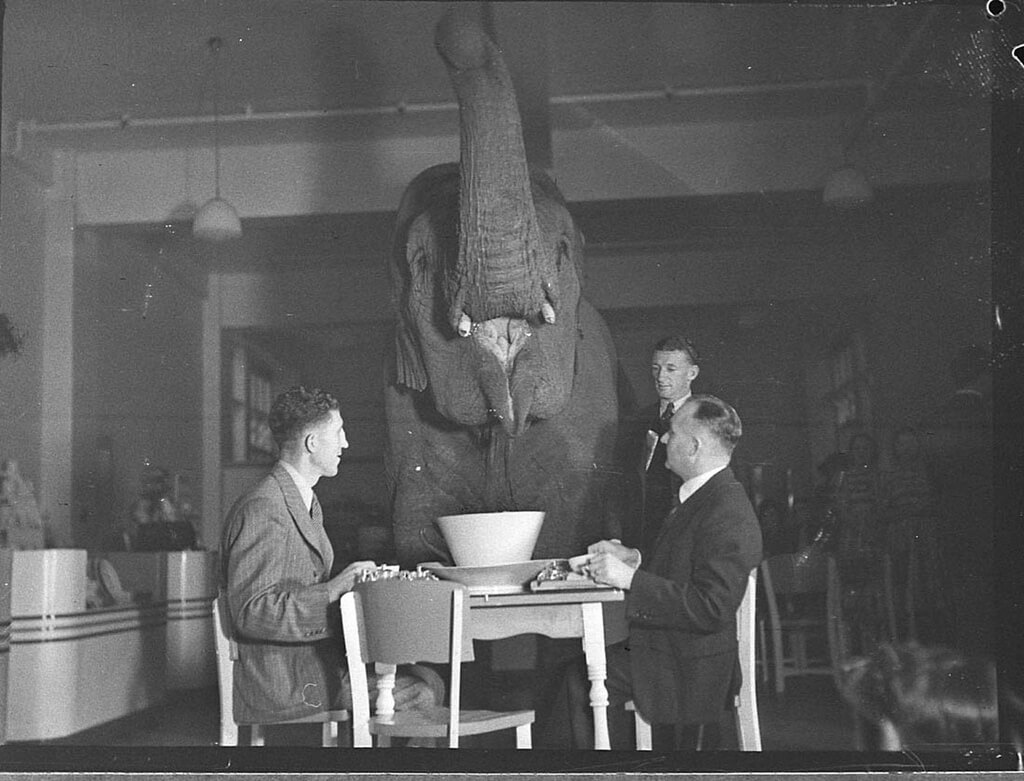Can Exercise Reduce Your Alzheimer’s Risk? – Part 1

Part one of a two-part discussion of exercise and Alzheimer’s.
I’m not one for guilt trips. Mainly, because guilt backfires. If you were my dad, or brother, uncle, grandfather, or son and I were to try to guilt you into doing something that you already know needs to happen, like exercise, you might make a few grudging trips to the gym, but you might also resent it, and me, and wish I would shut the heck up. I would, and do, feel the same way when somebody does that to me.
So, this isn’t about guilt.
Instead, it’s some really positive findings that have to do with Alzheimer’s disease. A couple of years ago, a study led by scientists from the University of Maryland School of Public Health, published in the Journal of Alzheimer‘s Disease, found that just 12 weeks of moderate exercise – basically, this means walking fast enough on a treadmill to get your heart rate up, but not so much that you couldn’t carry on a conversation with someone else while you did it – made a difference in how people’s brains functioned. It made their brains work better; their neurons, or nerve cells in the brain, were more efficient. People could remember things more easily, and their brains didn’t have to work as hard to do it.
Just 12 weeks of moderate exercise causes your brain to work better.
The lead scientist, J. Carson Smith, of the University of Maryland’s Neuroimaging Center, and said at the time, “No study has shown that a drug can do what we showed is possible with exercise.” The people in the study weren’t spring chickens, either. They ranged in age from 60 to 88. They weren’t athletes – far from it; they were considered “physically inactive older adults.” Some of them had already shown some mild cognitive impairment, which suggests that they had a higher risk of getting Alzheimer’s. The people in both groups – those with the mild impairment and those with healthy brain function – improved their cardiovascular fitness by about 10 percent in the three months of the program.
They also improved their memory. MRI brain scans taken before and after the study showed “a significant decrease in the intensity of brain activation in 11 brain regions” while the oldsters did tasks including identifying famous people from back in their day – heart throbs like Frank Sinatra, for instance. Even more exciting, the places in the brain that got better are the same ones that are affected when some one has Alzheimer’s disease – the precuneus region, the temporal lobe, and the parahippocampal gyrus. Their word recall – remembering as many as possible out of a list of 15 words – got better, too, and Smith called this improvement “a very big step in the right direction.” In their paper, the scientists concluded that larger studies are needed to see if exercise can actually delay or slow the progression of Alzheimer‘s disease.
What does this mean for you? It means that, whatever age you are, you can make your brain work better even with a fairly pitiful amount of effort. You don’t have to be in marathon-running shape. You don‘ t have to go grunt and sweat and dead-lift huge weights and then drop them in an attention-getting way. Just walk for two and a half hours a week – 30 minutes a day, five days a week. If you don’t have 30 minutes, do it twice for 15 minutes. I don’t know if the results will be exactly the same, but I truly believe that this evidence shows that any effort is going to pay off. No guilt required.
©Janet Farrar Worthington




Leave a Reply
Want to join the discussion?Feel free to contribute!